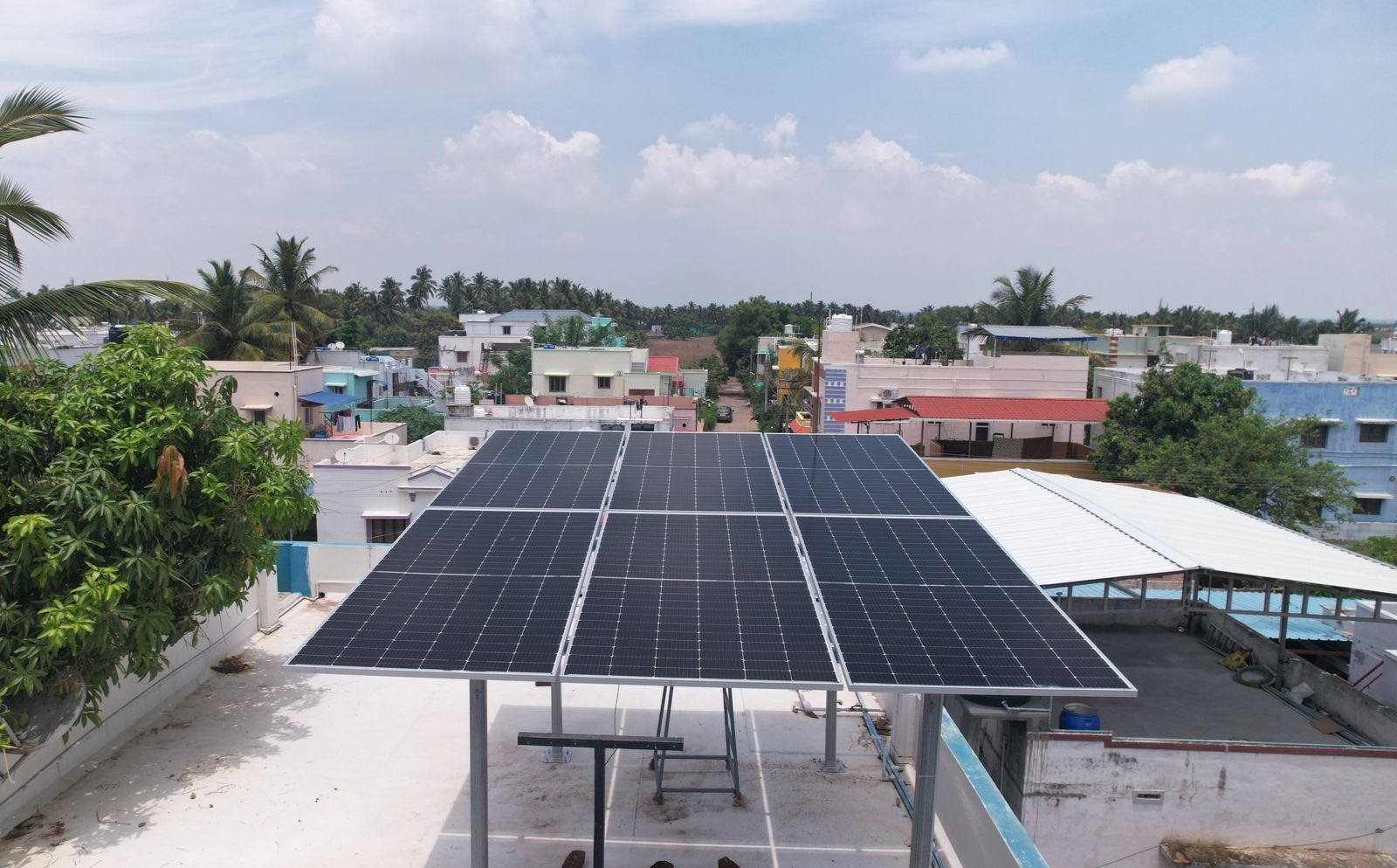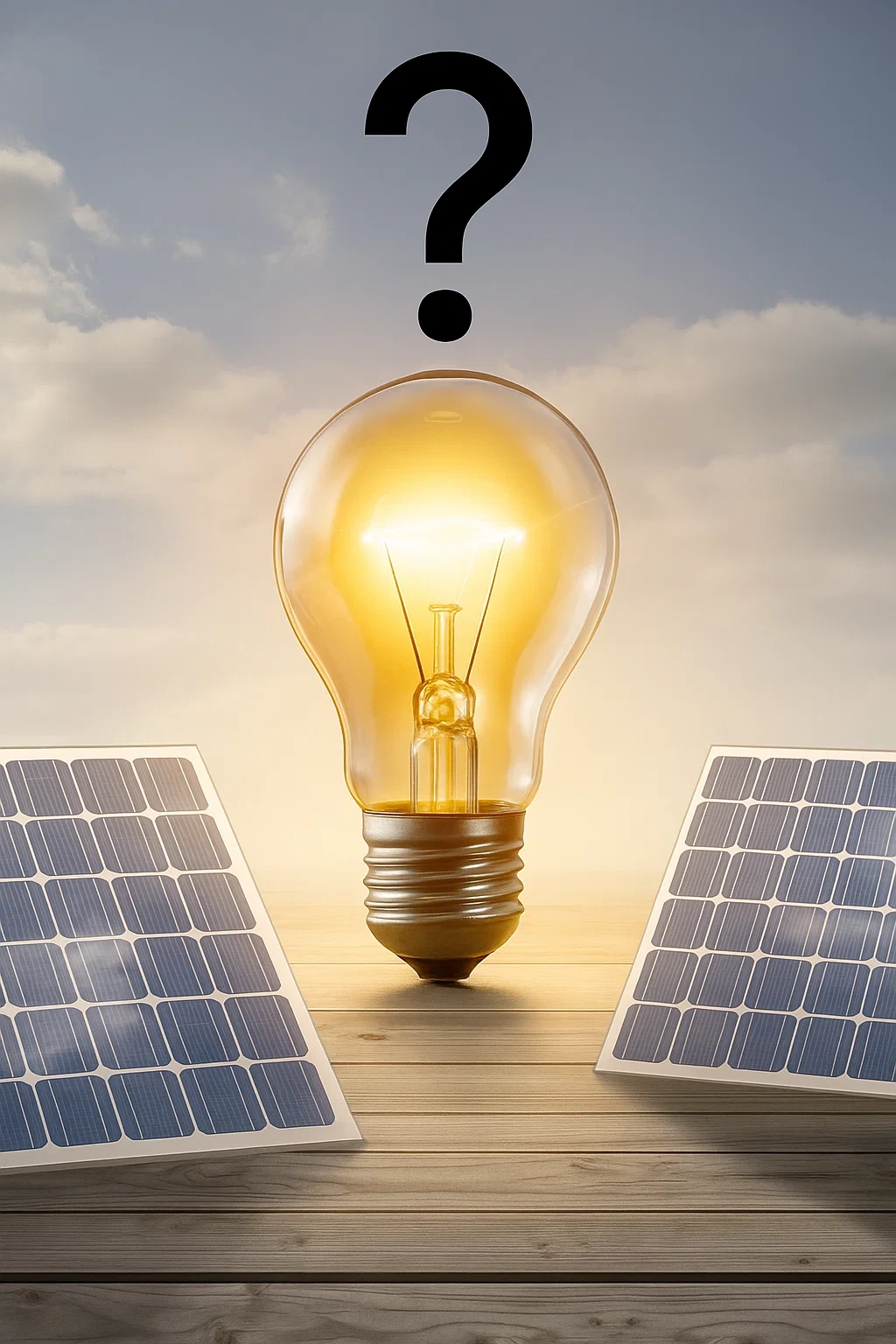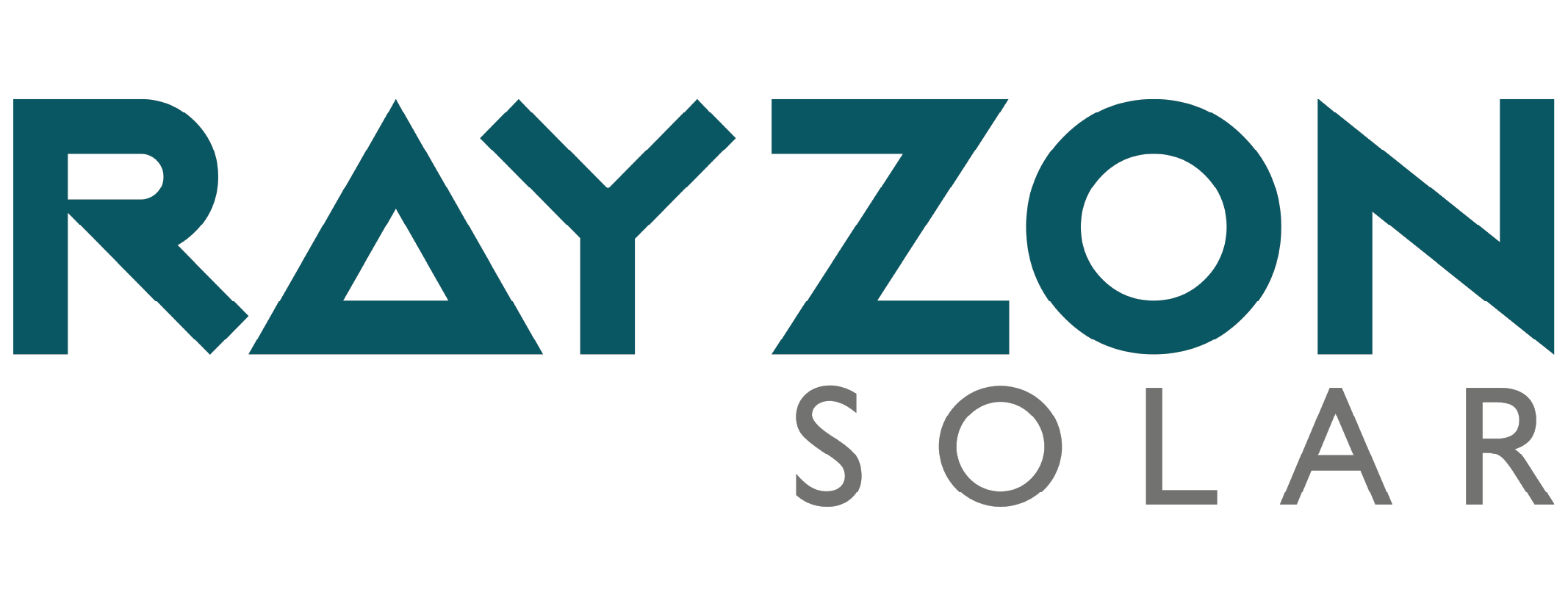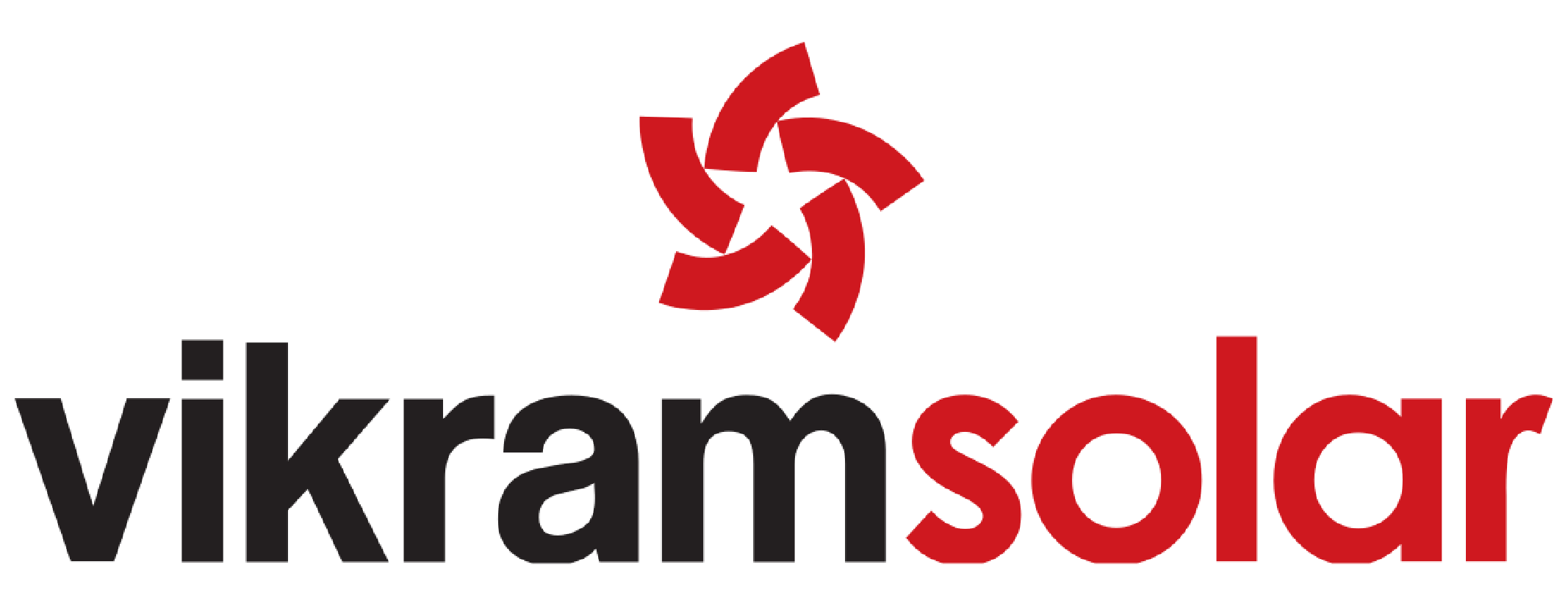Powering
Tamil Nadu's
Powering
Tamil Nadu'sProviding Top-Quality Solar Systems for Homes, Businesses, and Industries in TamilNadu
Trusted By



Who We Are
Nigaran Solar is a prominent solar energy provider in Coimbatore and throughout Tamil Nadu. Having extensive experience in solar panel installation and consultation, we provide efficient, reliable, and cost-effective solar energy solutions. Our systems assist in lowering electricity expenses, promoting energy self-sufficiency, and fostering a more sustainable future.
Solar Systems We Offer
Switch to affordable, eco-friendly solar energy to power your home.
Go solar with Nigaran Solar and enjoy a steady reduction in your electricity bills. We offer affordable solar panel solutions for homes across Tamil Nadu. Whether you need a solar rooftop installation or a custom solar installation, we provide high-quality panels that ensure maximum energy efficiency.

Experts In The World
Of Solar Energy.












